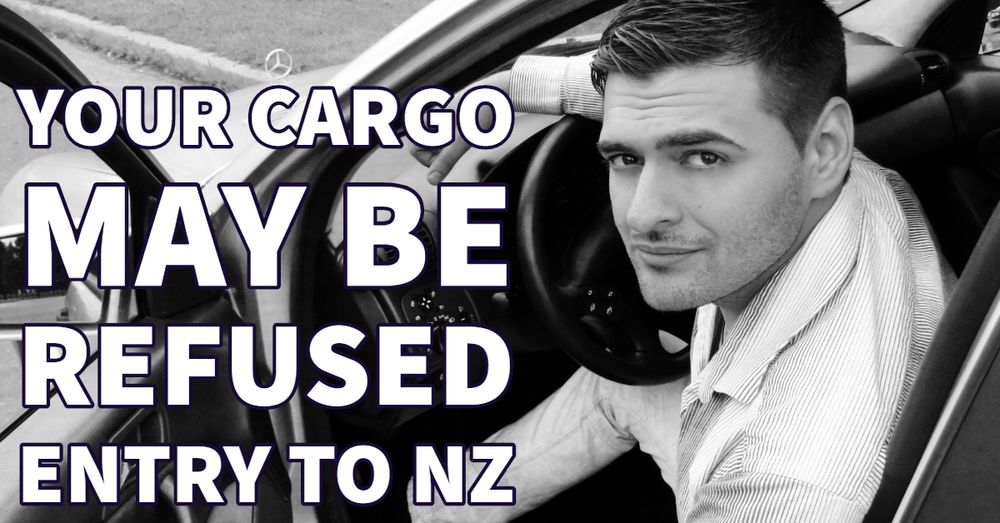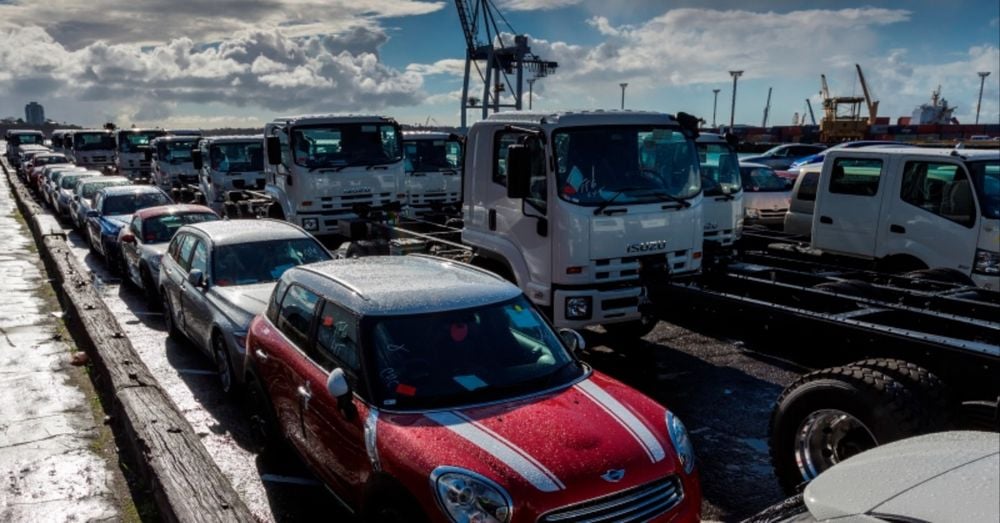
Vehicle & Machinery Importers Are Warned of Extra Fees
2-minute read
Importers of vehicles and machinery from Japan and “Schedule 3″ countries are being advised they will need to have acquired an approved Biosecurity Authority Clearance Certificate (BACC) at least 72 hours prior to vessel arrival in New Zealand.
A recent customer advisory sighted from Mistui OSK Lines (MOL) noted that any cargo that did not have such clearance would be placed on a “do not discharge list” by the Ministry for Primary Industries (MPI)/Biosecurity New Zealand (BNZ) and “cargo will have to remain onboard the vessel”.
“Unfortunately, any additional costs incurred due to cargo being unable to be discharged in New Zealand due to holds will be to the customer’s account,” stated the carrier.
Noting that MPI/BNZ BACC processing times were currently “taking longer than normal”, MOL is urging importers to apply for and gain the necessary clearance “as soon as possible after the vessel has departed from the country of loading”.
Ahead of the onset of brown marmorated stink bug (BMSB) “season”, a new import health standard (IHS) has been issued by MPI to further mitigate risks.
The agency has also extended its list of Schedule 3 countries to now entail Austria, Bulgaria, France, Georgia, Germany, Greece, Hungary, Italy, Liechtenstein, Romania, Russia, Serbia, Slovenia, Spain, Switzerland and the United States.
Carr & Haslam managing director Chris Carr noted that with the BMSB having expanded its presence during New Zealand’s winter to countries not previously considered a “risk” by MPI, “as a result the precautions that we will have to take have become considerably greater for this summer”.

“The costs and effects of last year’s thwarted immigration attempt are still sitting very close to the surface for most people in our industry,” he said.
“Vessel diversions from the last stink bug season cost ship owners many, many millions of dollars and disrupted the whole of the vehicle transport, distribution and sales networks completely. The costs to the economy have not been calculated, but they too would have been in the many millions of dollars.
“For this season, the industry has spent many millions of dollars establishing treatment processes offshore to prevent any introduction to New Zealand. Heat treatment systems have been set up in Asia and Europe in the risk areas, which are significantly larger than last season.
“We hope that the preventive measures put in place will ensure that there is no reoccurrence of the last disruption.”
Source: NZ Shipping Gazette
P.S. We’d love to answer any of your questions! Contact us now. Do you know of other people that will find this article useful? Please share it on social media. Thank you!
